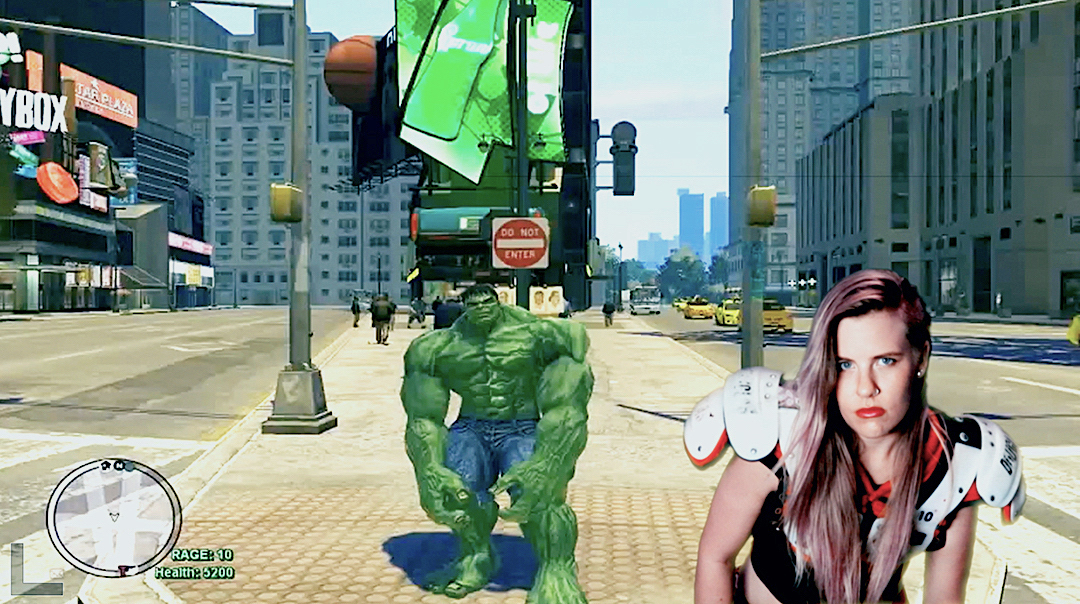
Consider this an open letter to the Internet, or at least to the fan communities, or “fandoms,” that seem to have found a home here.
I kept my mouth shut when I found out that you were ‘shipping Jeremy Renner and Scarlett Johansson. On some level, I get it. You liked the idea of Black Widow and Hawkeye from The Avengers together, and you thought that chemistry might carry over nicely off-screen.
I sat by idly as people like Tom Hiddleston and Benedict Cumberbatch marveled at, and were likely scarred by, drawings and fan writings of not only their characters, but also themselves, in compromising positions.
I have remained largely silent on this issue, but now I think it’s time we had a chat.
The first thing I heard when Cory Monteith died was speculation about how his passing would impact the story arc on Glee. The first question I encountered after the news that Philip Seymour Hoffman had overdosed was how the writers of the Hunger Games movies would deal with replacing him in the film series. Instead of hearing about how the entertainment world had lost two bright stars before their time, the cries were over a television or movie franchise.
I think it’s time we start talking about a very serious problem. You cannot treat real people like they are fictional characters.
From fan forums to role-playing blogs, and from “Appreciation” Tumblr accounts to fanfiction, the role that online communities have played in allowing fans of different media to interact closely and continuously with an ever-expanding and ever-evolving fictional universe surrounding their favorite works is one which is largely unprecedented. A fan of, say, the Sherlock Holmes series might have highly complex ideas about the relationship between Holmes and Watson or whether Holmes was truly dead, but without a sounding board of thousands of other fans, these expansions of a fictional world, for most of human history, remained largely personal.
As these fan communities expand and allow readers or viewers to control or rewrite their favorite material, the lines between fan and fictional world become thinner and vaguer. But as the lines between fiction and reality blur on one side, they seem to also blur on the other, and it has impacted the ways that fans of material see the very real people who write, create, or otherwise play a part in those fictional worlds.
The result is the public discomfort of two beloved action movie stars when “Rennerson” are asked about the suspicions of a relationship in interviews which are supposed to focus on their movie. The result is the dehumanization of death as another plot twist in your fictional universe. The result is that fans begin to treat the people who play fictional characters as the fictional characters themselves, as an actor or actress begins to get hatred from fans who dislike the way his or her character was written in a television series.
On the one hand, the expansion of fictional worlds through online communities has allowed for a level of human connection over collective interests that has never previously been possible on such a massive scale. But it’s not only important but necessary for fans to remember that just because the lines between fandom and source material have blurred does not mean that real people are throwaway characters to be toyed with and pushed in one direction or another. So please, keep up your fanfiction-writing and your GIF-making, but let’s try and leave the real people out of it.



